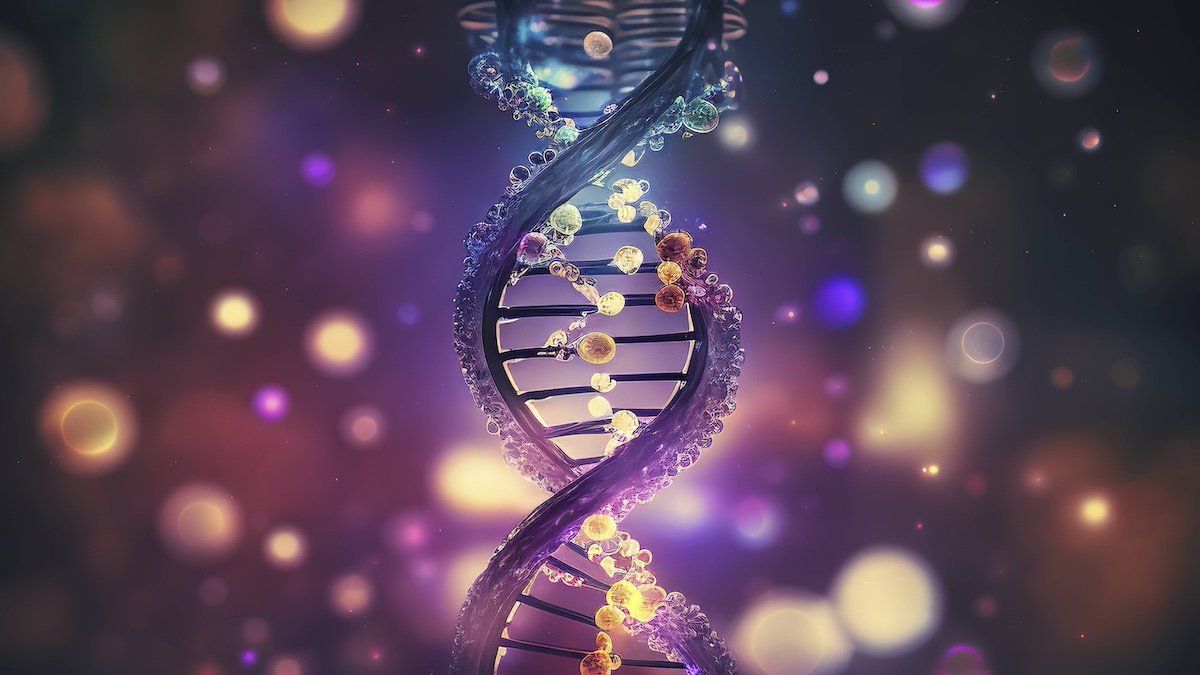April 30, 2024
CRISPR, the gene-editing method that won two female scientists the 2020 Nobel Prize in Chemistry, may soon get infused with artificial intelligence. One Northern California startup called Profluent is expected to present its new paper at a gene-editing conference next month, which describes its work using AI to analyze biological data and create new gene-editing systems.
As one professor explained to the New York Times, it’s a departure from how CRISPR typically does gene replacement. Instead of altering genes based on discoveries in nature, the startup instead uses novel methods surfaced by its AI. “They have never existed on Earth,” University of California, San Francisco professor James Fraser said. “The system has learned from nature to create them, but they are new.”
Gene-editing is rife with ethical quandaries, such as questions around modifying human embryos, which could be exacerbated by the rise of AI. Still, CRISPR provides hope: it could provide cures to countless diseases and is already providing innovative new treatments for sickle-cell anemia.
Profluent also chose to open-source one of its gene editors, OpenCRISPR-1, though the underlying AI will stay under wraps, the company said.
More For You
Hellenic coast guard performs SAR operation, following migrant's boat collision with coast guard off the Aegean island of Chios, near Mersinidi, Greece, February 4, 2026.
REUTERS/Konstantinos Anagnostou
15: The number of migrants who died after their boat accidentally collided with a Greek Coast Guard vessel in the Aegean Sea on Tuesday. Two dozen people were rescued.
Most Popular
Walmart is investing $350 billion in US manufacturing. Over two-thirds of the products Walmart buys are made, grown, or assembled in America, like healthy dried fruit from The Ugly Co. The sustainable fruit is sourced directly from fourth-generation farmers in Farmersville, California, and delivered to your neighborhood Walmart shelves. Discover how Walmart's investment is supporting communities and fueling jobs across the nation.
Workers repair a pipe at a compound of Darnytsia Thermal Power Plant which was heavily damaged by recent Russian missile and drone strikes, amid Russia's attack on Ukraine, in Kyiv, Ukraine February 4, 2026.
REUTERS/Valentyn Ogirenko
Democratic Alliance leader John Steenhuisen announced Wednesday that he will not run for a third term as leader of the liberal, pro-business party, after months of internal pressure over a host of controversies – including allegations, since cleared, that he used the party credit card for Uber Eats.
© 2025 GZERO Media. All Rights Reserved | A Eurasia Group media company.
